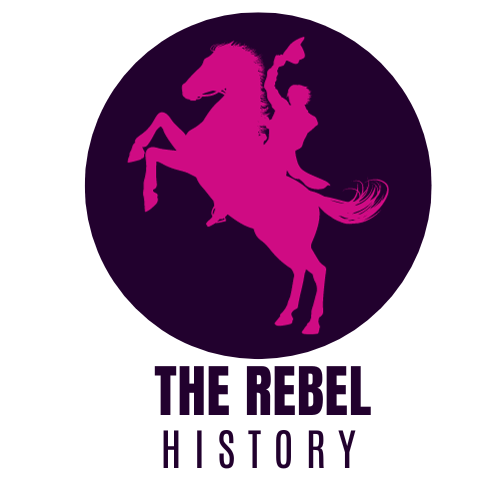Why learn history? Because, we won’t be manipulated by those who argue with history.
We are more confident in our own identity and know our place.
Inevitably, we become more tolerant of others and differences.
We can see the causes and consequences. And do not confuse one with the other.
But most of all, let the rest of the world be constantly surprised by the seemingly unexpected events of our time. We, who learn history, know better.
Do you prefer listening to reading?
Those who cannot remember the past are condemned to repeat it.
George Santayana
Every year, I ask my history students at the first seminary of the semester, why they believe history is important. What sense does it make to study history? In most cases, the same answer emerges as the one I gave to my teacher at my first seminar.
So that it doesn’t repeat.
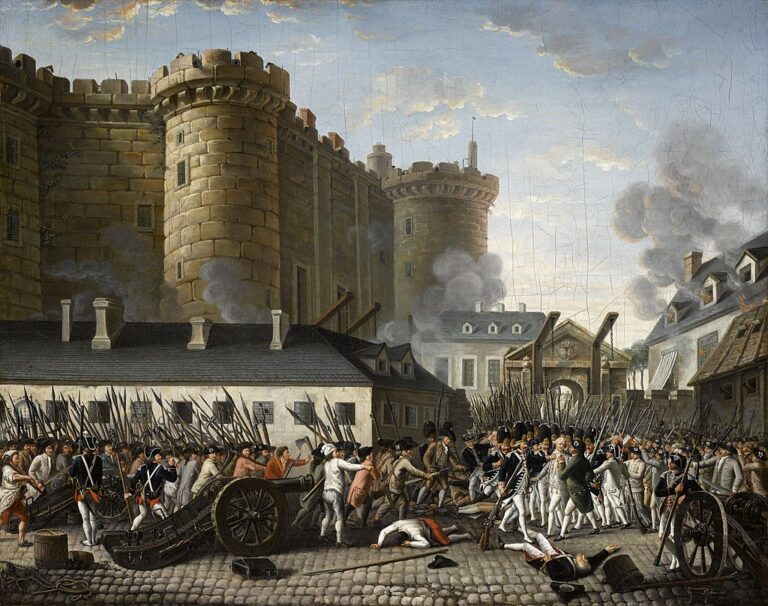
Why learn history
Even outside the historical community, there is a belief that knowledge of history will prevent us from repeating the mistakes of our ancestors. I am reluctant to debunk this illusion. After all, every argument in favor of more historical education is welcome.
However, I do not share this conviction. My teacher posed this question to me during my first seminar:
"Barbora, do you feel that humanity has ever learned from its mistakes?"
History basically teaches us that our capacity to make the same mistakes over and over again seems to be infinite. Making mistakes is what makes us human. Making mistakes and learning from them is what makes us wise. Most people are not wise. Most people are merely human. Thus, learning history will never prevent people from repeating it. Historical knowledge has, however, other uses.
But to be honest, history does not repeat itself.
Only we make it appear so.
Because it is too great a task for a human mind to comprehend human agency in its wholeness. We cannot see the big picture. Thus, we create structures and fit our historical knowledge within easily comprehensible patterns. In fact, history is chaos because it is a series of human acts, and humans are unpredictable. Anyway, saying that history repeats itself would be to imply that our actions don’t matter. Nothing could be farther from the truth.
One person’s mistake can lead to an unexpected change in history. What would have happened had Alexander Flemming kept his lab tidy and never let mold form in his petri dishes? Well, penicillin might have been discovered by some other less hygiene-minded scientist. But it might have been much later, and it might have been even after the Second World War. We know how wars speed up scientific development.
Consequently, the antibiotics might come into common use much later than they have. Resulting not only in millions more deaths and a different course of history. Because let us be honest. People died of banal infections before the antibiotics. Our welfare state without effective treatment of bacterial infections would not be possible. What course would history have taken then?
You see? One person’s mistake. Everything could have been different. Or maybe not. Some other scientist might have discovered the same thing the next day as Flemming did. But who knows?
Now, tell me again that history is predictable and that it repeats itself. I say it does not.
Why learn history? We learn to see the causes and consequences
Let’s perceive the knowledge of history in this way. A historically literate person understands the causes and consequences of historical events. Above all, they don’t confuse one with the other.
What we explained about penicillin is one clear example. The historian knows that wars speed up scientific development. The fact that the first patient was treated with penicillin in 1942 matters for the future spread of antibiotics. The historian knows that antibiotics changed the course of history; the historian knows the dread of infection that humanity faced before they could fight it effectively. When our unreasonable usage of antibiotics, which makes bacteria immune to them, brings a disaster (as some medical experts predict), a historian can predict what kind of disaster really awaits humanity on the way. The historian would be less surprised if whole societies crumbled as some form of tuberculosis bacteria immune to antibiotics strikes. When the Covid pandemic struck, historians recognized how people and societies faced the pandemic.
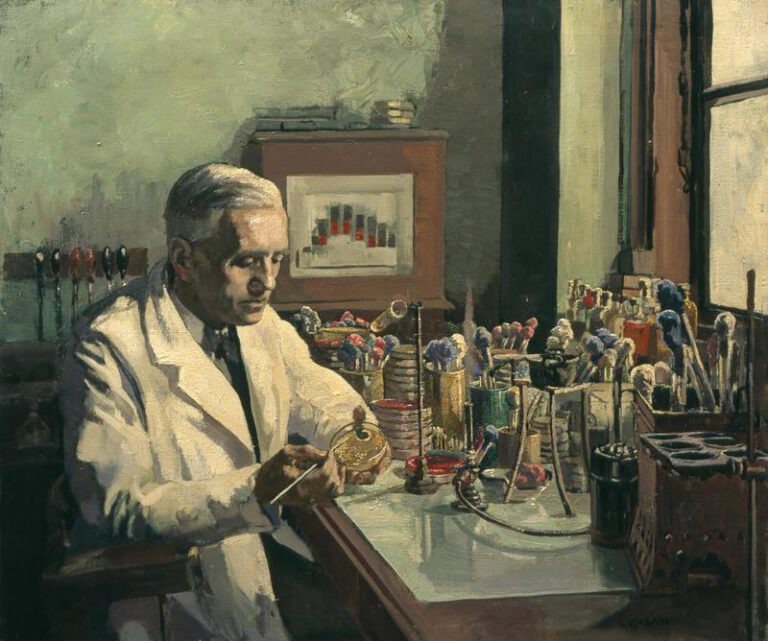
The key to the present and the future
Knowledge of history does not prevent us from repeating our ancestors’ mistakes. We will do them again. Nevertheless, we can see them, understand them, and anticipate them.
You may know the family history backwards, yet you will repeat your parents´ mistakes nevertheless.
Children with alcoholic parents frequently drink excessively, too. Daughters of mothers with father issues will have father issues as well. You may know about the issues, name them correctly and still it won´t save you.
Psychologists call this our “shadow” – trying to suppress it, we become the very thing we hate and swore never to let into our lives. Seems familiar? Look at all those communist regimes that swore to make people equal and only created people who became more equal than others. Watch the revolutionaries putting people in prison because of their different worldviews only years after the same revolutionaries broke the prison’s wall.
Knowing what you don’t want to be and naming the mistakes you don’t want to repeat will not help.
What helps us in our family therapy is understanding why our parents acted the way they did. We fully comprehend ourselves and the way it affects us. Thus, we can accept our parents with their mistakes, accept our past, and accept ourselves. Now, we can avoid the mistakes of the past and start making mistakes of our own. Self-awareness is the fundamental key to self-development. And the key to the future. The same applies to history.
Understand our ancestors and understand the thinking of people in different periods. Comprehend their worries and fears and try to comprehend the influence that shaped us. Realize what we cannot avoid about ourselves, what we should better accept, and move on.
See, understand, and anticipate. That is the only way to prevent history from repeating itself.
It is not enough to teach children about the evil of the holocaust and the terrible deeds of the Nazis. Naming the crimes will not save us from repeating the same deeds. Only if we try to understand, as hard as it is, the people who voted for Hitler. If we dive deep into the misery of Germans devastated by their economic situation and humiliated by the war. If we try to reflect on the hurt pride and mass enthusiasm for the war effort, we learn what made people act as they did. How easily one can see another human being as a commodity, as a vermin, and kill it as a vermin.
You may understand without apologizing the acts. It is not the same.
We can understand the Nazis and their voters and hate them still if we like. But if we don’t accept that the evil within them might, under certain circumstances, be within us, then it can all happen again. Only through comprehension of their thinking, only through the study of the causes and consequences of the 1930s, can we achieve such acceptance. As with every form of therapy, this form of learning history might be painful. But it is necessary.
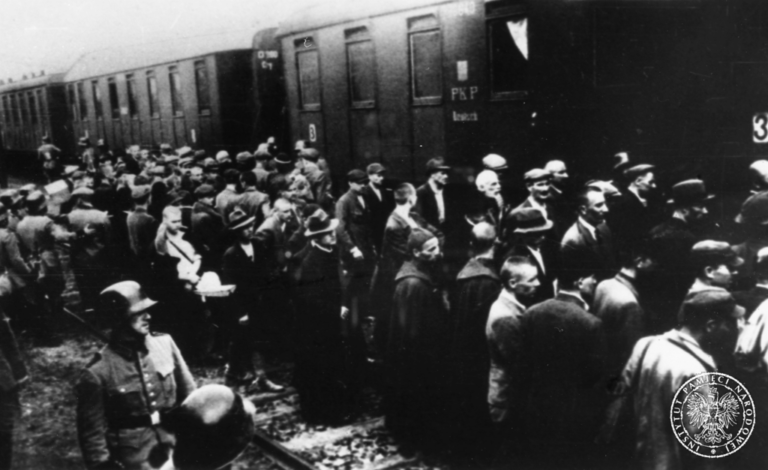
"Studying history has taught us at least one thing. That it can always be worse."
Neil Gaiman
With a bit of exaggeration, a historian can also say that everything has already happened. They won’t be misled when watching a TV anchor raging about an unprecedented crisis or a challenge humanity has not yet faced.
Historians navigate better the realms of their culture and other cultures because they know how these evolved. And based on what they know about the development of wars, crises, and processes long past, they can predict what awaits us more accurately. Ultimately, they are not as surprised as the politicians and the journalists. A black swan arrives, and everyone’s prediction misses reality by several miles. A historian smiles, there have always been black swans.

Why learn history? To know who I am, where I come from, and where I am going
As the analogy with family history showed, historical influences are like family influences. They shape our society as family and childhood shape our adult selves. National, cultural, social, gender and other identities are all shaped by historical development. Those who do not know it cannot be sure of their selves. When has this ever been more important than now? Those unsure of who they are cannot tolerate someone obviously different.
History against disinformation
Before the Czech parliamentary elections in 2021, I watched TV debates on Czech Television. Here, editors presented a survey stating that people fear disinformation and fake news today. And I had a head full of questions.
How is it possible that history has such little popularity and support in society if people really fear disinformation? Why do I have to explain to students that they should learn history? Why aren’t historical departments crowded with enthusiastic applicants for study? Why doesn’t the public loudly protest when the already meager hourly allocation is reduced even more?
Perhaps because the public basically doesn’t know what history is for. This website tries to explain just that. To answer the question of why learn history. It is, in fact, knowledge and literacy that are the best weapons in the struggle against disinformation and manipulation. You can develop critical thinking as much as you want, but you will be running in circles if you don’t have a foundation in facts. Knowledge of history gives you the best material to measure the current situation and compare the claims of a potential manipulator.
History is still alive
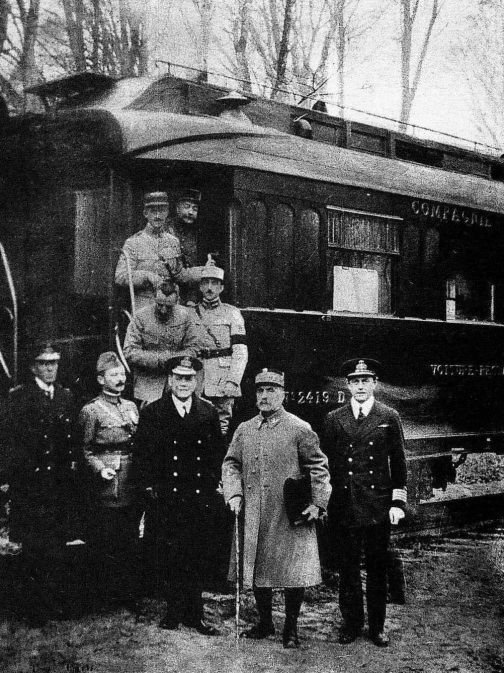
We all draw our arguments from history. It has always been this way. Nationalists in the 19th century strengthened the ancient history of their nations in their efforts to establish their own states. In the First World War, Germany sought to compensate for defeats from its “eternal” enemy. In Versailles, France tried to bring peace to the world through the humiliation of its “eternal” enemy. We know now where both of these efforts led.
And we can argue, for example, with history that passed around the wagon in Compiègne.
This unfortunate wagon witnessed the signing of the armistice on November 11, 1918, effectively ending the First World War. Since Germany led the Second World War intending to rectify this humiliation, the defeat of France had to be signed here in 1940. From an honorable place in Paris, it first traveled to the forest in Compiègne, where the signing of the surrender document took place, and then to a new honorable place in Berlin. Unfortunately, this wagon did not witness the signing of the third surrender document. It is believed that SS soldiers destroyed it in 1945 before advancing forces. However, it could have fallen victim to bombing. I prefer the first version. It shows that historical memory teaches people to love, hate, adore, and revenge. Even railway wagons.
I doubt that we can help ourselves. It’s natural. So it’s probably better to understand this. Let’s get to know history in its diversity. Let’s reconcile with the multitude of different interpretations. And with all humility, let’s refute superficial arguments.
Let’s discuss, respect, explain. And in those discussions, whether in a lecture hall or over a beer in a pub, know why we should learn all history.
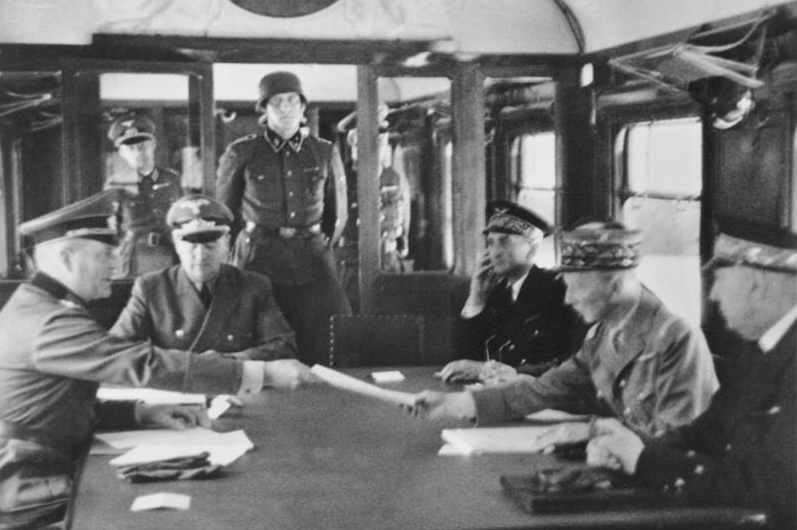
Join me on this journey. Now you know why learn history.
